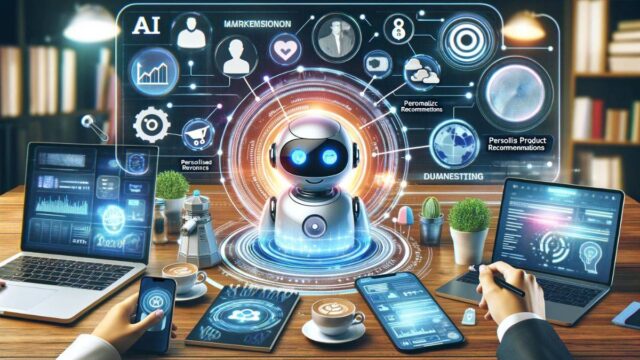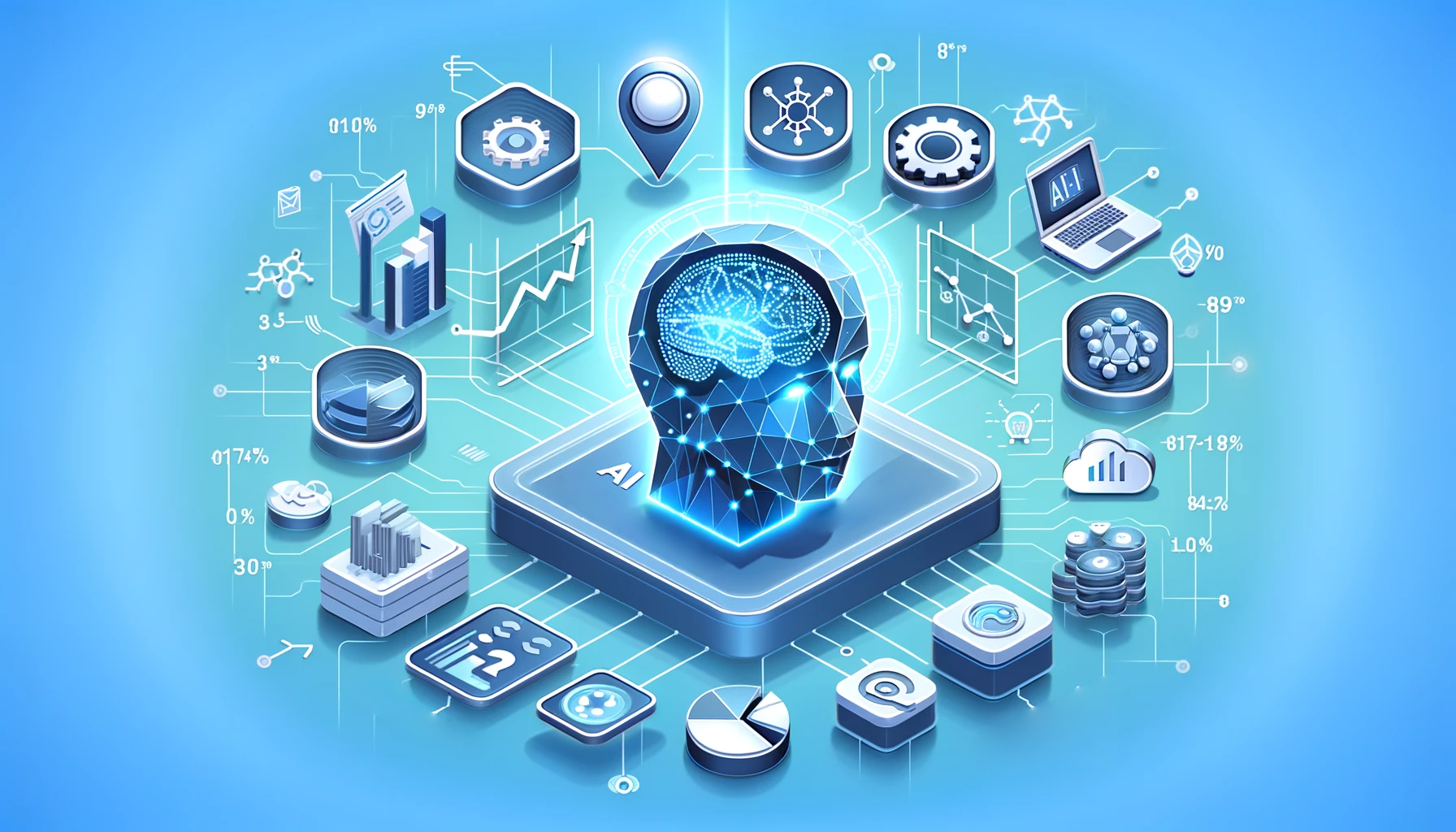In today’s fast-paced digital landscape, personalization has emerged as a key driver of customer engagement and loyalty. With consumers inundated with marketing messages, tailoring your campaigns to individual preferences is no longer just a competitive advantage; it’s a necessity. Artificial Intelligence (AI) has revolutionized the way businesses approach personalization, enabling them to create more relevant and targeted marketing campaigns. In this blog, we will explore how to leverage AI to create personalized marketing campaigns that resonate with your audience.

1. Understanding Your Audience
The first step in crafting personalized marketing campaigns is understanding your audience’s needs, preferences, and behaviors. AI can significantly enhance this process through data analysis and insights.
- Customer Segmentation: Use AI algorithms to analyze customer data and segment your audience based on demographics, purchasing behavior, and preferences. This allows you to tailor your messages to specific groups, increasing the relevance of your campaigns.
- Behavior Analysis: AI can analyze user behavior on your website or app, providing insights into what products they view, their purchasing history, and their interaction patterns. This data helps create a more comprehensive customer profile.
2. Implementing Predictive Analytics
Predictive analytics uses AI to analyze historical data and forecast future behavior. This capability can be invaluable for creating targeted marketing strategies.
- Anticipating Customer Needs: By analyzing past behaviors and trends, AI can predict what products or services customers are likely to need next. This allows you to create timely marketing messages that address their specific needs.
- Personalized Recommendations: Implement AI-driven recommendation engines on your website or app. These systems analyze user behavior to suggest products that align with their preferences, enhancing the customer experience and driving sales.
3. Crafting Tailored Content
Creating personalized content is crucial for engaging your audience and driving conversions. AI can streamline this process in several ways:
- Dynamic Content Creation: Use AI tools to create dynamic content that adapts based on user preferences. For instance, emails can be tailored to include products that align with a recipient’s interests, increasing the likelihood of engagement.
- Automated Copywriting: AI-powered copywriting tools can help generate personalized marketing messages and social media posts. These tools analyze successful messaging patterns to create effective copy that resonates with your target audience.
4. Optimizing Email Campaigns
Email marketing remains one of the most effective channels for personalization. AI can enhance your email campaigns in various ways:
- Personalized Subject Lines: AI can analyze open rates and engagement metrics to determine the most effective subject lines for different audience segments. Personalized subject lines can significantly improve open rates.
- Behavior-Triggered Emails: Implement AI-driven systems that automatically send emails based on user actions. For example, if a customer abandons their shopping cart, an AI tool can trigger a follow-up email offering a discount on the abandoned items.
5. Enhancing Customer Engagement
Engaging with customers in real-time is essential for building relationships and driving loyalty. AI can facilitate personalized interactions across various touchpoints:
- Chatbots and Virtual Assistants: Implement AI chatbots on your website or social media channels to provide personalized support. These bots can answer customer queries, recommend products, and guide users through the purchasing process based on their preferences.
- Social Media Personalization: Use AI tools to analyze social media interactions and tailor your content accordingly. AI can help identify trending topics, allowing you to create relevant content that resonates with your audience.
6. A/B Testing and Optimization
To ensure your personalized campaigns are effective, continuous testing and optimization are essential. AI can streamline this process:
- Automated A/B Testing: Use AI-driven tools to automate A/B testing for different campaign elements, such as subject lines, images, and call-to-action buttons. AI can analyze the results and provide recommendations for optimizing future campaigns.
- Performance Analysis: AI can continuously monitor campaign performance, analyzing metrics such as open rates, click-through rates, and conversions. This data-driven approach enables marketers to refine their strategies in real time.
7. Leveraging User-Generated Content
User-generated content (UGC) is a powerful tool for personalization. AI can help identify and curate UGC that aligns with your brand and resonates with your audience.
- Social Listening Tools: Use AI-powered social listening tools to monitor brand mentions and customer feedback. This allows you to identify content that customers create around your products and leverage it in your marketing campaigns.
- Showcasing Reviews and Testimonials: Integrate AI to analyze and highlight positive customer reviews and testimonials on your website and in your marketing materials. This adds authenticity to your brand and enhances trust among potential customers.
Conclusion
Personalized marketing campaigns are no longer a trend; they are an expectation. Leveraging AI to create tailored marketing strategies can significantly enhance customer engagement, drive conversions, and foster brand loyalty. By understanding your audience, implementing predictive analytics, crafting tailored content, optimizing email campaigns, enhancing customer engagement, and continuously testing your strategies, you can create impactful marketing campaigns that resonate with your audience.


No responses yet